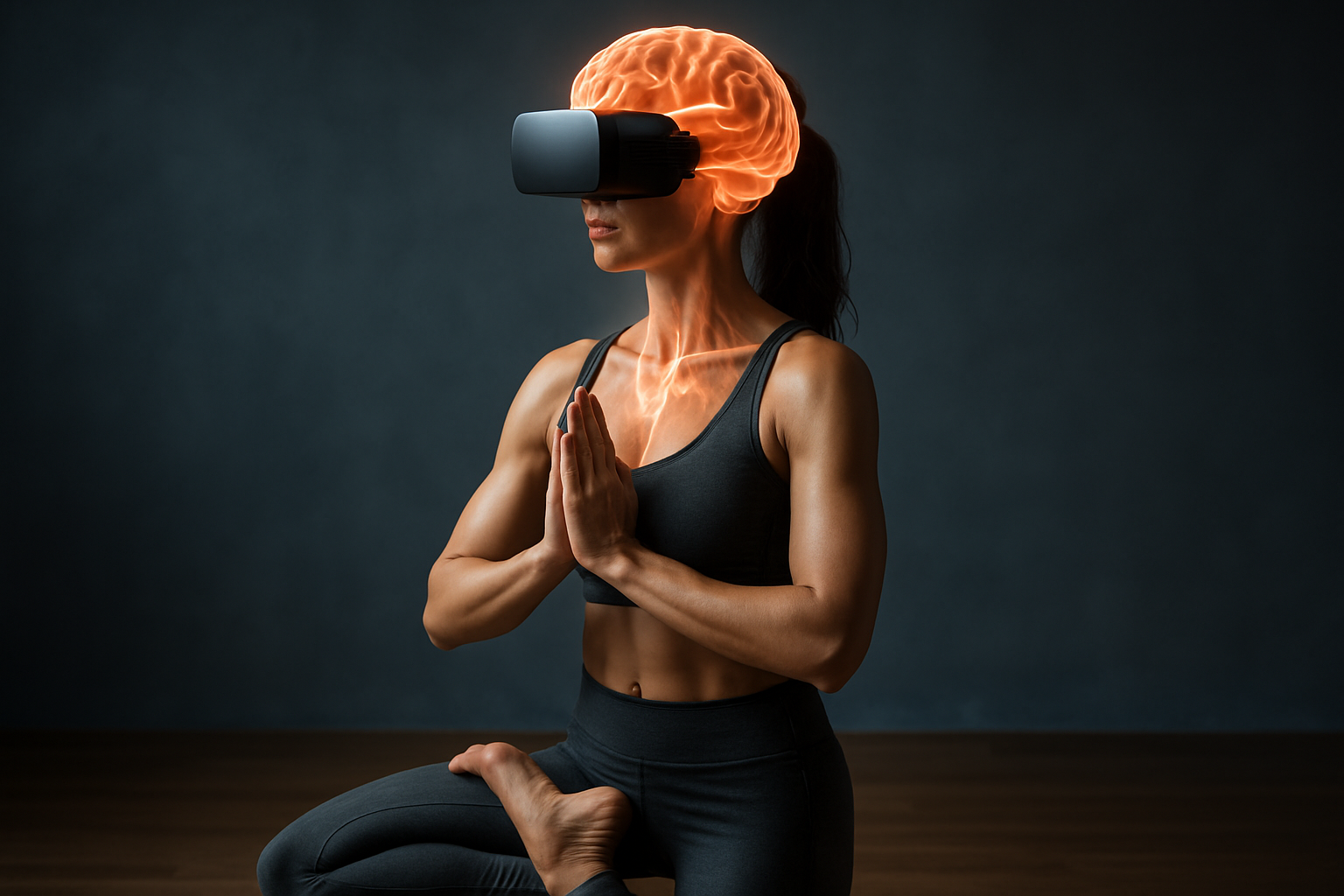Chronobiology: The Science of Your Body's Internal Clock
Are you in sync with your body's natural rhythms? Imagine a world where your daily routines harmonize perfectly with your internal biological clock. Welcome to the fascinating realm of chronobiology, a field that's revolutionizing our understanding of health and well-being. But what exactly is chronobiology, and how can it transform your life?

The SCN receives light signals from our eyes, which helps synchronize our internal clock with the external world. This coordination influences everything from hormone production and body temperature to metabolism and cognitive function. Understanding these rhythms can provide invaluable insights into optimizing our health and performance.
The Molecular Mechanics of Time
At the cellular level, chronobiology is driven by a complex interplay of genes and proteins. Key players include the CLOCK and BMAL1 genes, which activate other genes in a cyclical pattern. These genes, in turn, produce proteins that accumulate over time and eventually inhibit their own production, creating a feedback loop that repeats approximately every 24 hours.
This molecular clockwork isn’t confined to the brain; nearly every cell in our body has its own circadian rhythm. These cellular clocks are synchronized by the master clock in the SCN, ensuring that our entire body operates in harmony.
Chronotypes: Beyond Early Birds and Night Owls
While we often categorize people as early birds or night owls, chronobiology reveals that it’s not that simple. Researchers have identified multiple chronotypes, each with its own optimal times for various activities. These chronotypes are influenced by both genetic factors and environmental cues.
Understanding your chronotype can help you align your daily activities with your body’s natural rhythms. For instance, some people may have peak cognitive performance in the morning, while others hit their stride in the afternoon or evening. By scheduling important tasks during these peak periods, you can maximize your productivity and well-being.
Chronomedicine: Timing is Everything
One of the most exciting applications of chronobiology is in the field of medicine. Chronomedicine focuses on how the timing of treatments can significantly impact their effectiveness and side effects. For example, studies have shown that the efficacy of certain cancer treatments can vary depending on when they’re administered relative to the patient’s circadian rhythm.
This approach extends beyond just medication timing. Chronomedicine also considers how various health parameters, such as blood pressure and hormone levels, fluctuate throughout the day. By timing diagnostic tests and treatments to these natural rhythms, healthcare providers can potentially improve patient outcomes and reduce side effects.
Chronodieting: Eating in Sync with Your Body Clock
The concept of chrononutrition, or timing your meals to align with your body’s internal clock, is gaining traction in nutritional science. Research suggests that when we eat can be just as important as what we eat.
For instance, our insulin sensitivity tends to be higher in the morning, making it an ideal time for larger meals. Conversely, eating late at night, when our metabolism naturally slows down, may contribute to weight gain and metabolic disorders. By aligning our eating patterns with our circadian rhythms, we may be able to optimize our metabolism and improve overall health.
Chronobiology in Action: Practical Tips for Optimal Living
-
Maintain a consistent sleep schedule, even on weekends, to keep your circadian rhythm stable
-
Expose yourself to natural light in the morning to help regulate your body clock
-
Avoid blue light from screens in the evening, as it can disrupt melatonin production
-
Consider your chronotype when scheduling important tasks or meetings
-
Time your meals to align with your body’s natural metabolic rhythms
-
Be mindful of your caffeine intake, especially in the afternoon and evening
-
Engage in regular physical activity, but avoid intense exercise close to bedtime
As we continue to unravel the mysteries of our internal clocks, chronobiology offers a powerful lens through which to view health and wellness. By aligning our lifestyles with our natural biological rhythms, we can potentially enhance our physical and mental well-being, boost our productivity, and even improve the effectiveness of medical treatments. The key lies in recognizing that timing isn’t just about external schedules, but about harmonizing with the intricate clockwork within our own bodies.






